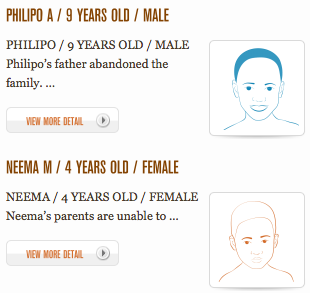I've been hinting at this for months now, but here's a rundown of the project we've been preparing for the past year and we're finally ready to launch!

Maternal mortality is a huge problem in the developing world. In some countries, like South Sudan, child birth is the leading cause of death for women of child-bearing age, which is basically between 14 and 50. This is such a huge problem that it has been targeted as one of the Millennium Development Goals. Goal number 5 is to improve maternal health through reducing maternal mortality by 75% from 1990 levels and achieving universal access to reproductive health. Tanzania is one of the countries lagging behind in making progress on this goal.
I didn't know any of the stats on this stuff before I met Dr. Reta Graham last July. It actually sounds very formal to say it that way, because what happened was that the Grahams were visiting Shirati doing some work in the hospital and clinics in the area. They brought their kids, and their son and Inno totally hit it off. While they played Orc-hunting (which Inno didn't understand but still loved) and climbed trees, Reta and I talked about her observations as an obstetric surgeon in the Shirati Hospital, where women regularly come in during the final, tragic moments of a labor that has been going on for 36 hours to have a dead baby cut out before it kills its mother. Women pull up to the gates on the back of a bicycle with blood pouring from between their legs with every contraction. This doesn't happen every day, but it happens. It shouldn't.

This issue would have mattered to me on a cerebral level had I known about it, but now that I have been pregnant and delivered twice here, it matters to me on a visceral level. I certainly could have been on that operating table in poorly lit, no-running-water Shirati Hospital, not with the amazing Dr. Reta, but a less-educated, less-experienced surgeon. It's not really exaggerating to say that every woman in rural Tanzania knows a woman who died in child birth, and the terrible roads, distance to health facilities, no ambulances, and lack of education about family planning, prenatal care and delivery options all contribute to that terrible status quo staying the same.
Fred and I, with our background in community development and cultural knowledge (Fred more than me, of course), have partnered with Reta and her husband, Jeff, a family practitioner with a master's in public health, to come up with an innovative program which will help save the lives of the women in our area. There are a bunch of aspects to the program, which I won't go into right now, but we're optimistic that we can make a difference here. A medical non-profit that Reta and Jeff are connected with is helping us institute the program, which is called Mama Maisha, which means Mother Life in Swahili. Village Life has already helped connect us with some great people to help, including a donor who has given us seed money of $10,000 to get started. We also applied for a $100,000 grant from the Bill and Melinda Gates Foundation, which we'll hear about in August. It feels great to be doing something like this, and I wouldn't have this opportunity if you great people hadn't been supporting our life and work here in East Africa, so you're part of it, too!
(This isn't fundraising, but if you are interested in getting updates on this as we go along, send me an email leishlin at gmail and when we get an email update system going, we'll add you.)












